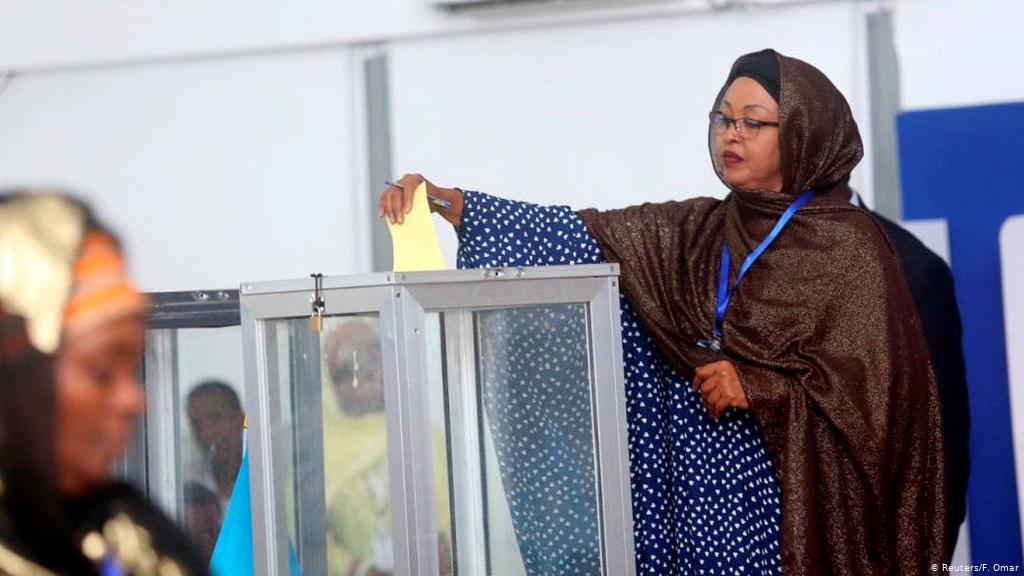Somalia, donors should explore extension to implement poll timelines-Crisis Group

GOOBJOOG NEWS|MOGADISHU: Somali leaders together with the international community should negotiate a brief extension of the electoral calendar to address critical issues and concerns arising from the electoral process to forestall possible instability, the policy think-tank Crisis Group has said.
Crisis Group said in a newly released brief Somalia was facing insurmountable challenges in light of tight electoral timelines which must be addressed before the country goes into the polls. It warned that the actualisation of the ‘Mogadishu Model’ adopted by the Federal Government and the Federal Member States in September may not be realised with the remaining time.
“There is a great deal of preparatory work still to be done, time is running short and a fraught political atmosphere complicates efforts,” the brief noted.
CONSENSUAL EXTENSION
According to Crisis, these preparations, which are necessary to ensure an acceptable poll process will require at least between one to three months to allow all actors to settle pending issues. The issues, Crisis said include divisions between the Federal Government and the Federal Member States, rising clan tensions, and insecurity.
“Somalia’s international partners could swiftly explore with the country’s politicians a possible consensual extension of the electoral calendar, perhaps of one to three months, to allow more time for preparations,” the brief further notes.
Based on the agreements in Mogadishu in September, the election of MPs and Senators is set to kick off from next month culminating in the election of a new president in the first week of February.
However, a number of timelines have been missed and a lot of tasks are ahead. These include and not limited to the selection of the close to 30,000 delegates who will elect MPs, appointments and formation of State Level Elections Committees and security-related tasks.
STEP BACK
Crisis Group however notes the negotiations for extended timelines must be seen not to translate for term extension for President Mohamed Farmaajo. To avoid such a scenario, Crisis says, Farmaajo’s administration will need to ‘step back from major policy decisions in order to make clear that for the duration of the extension period, it will be acting in a caretaker capacity.’
Given the high level of contestation of a possible extension, Crisis says, Somalia’s international partners ‘quickly work out which among them can explore whether Somali political actors would be amenable to such an extension.’
But should the idea of extension not work, Crisis says, the International Community should nonetheless mobilise immediate support for Somalia zeroing in on ‘quickly attainable elements (such as assisting civil society organisations in areas where they already are well developed) may be necessary.’